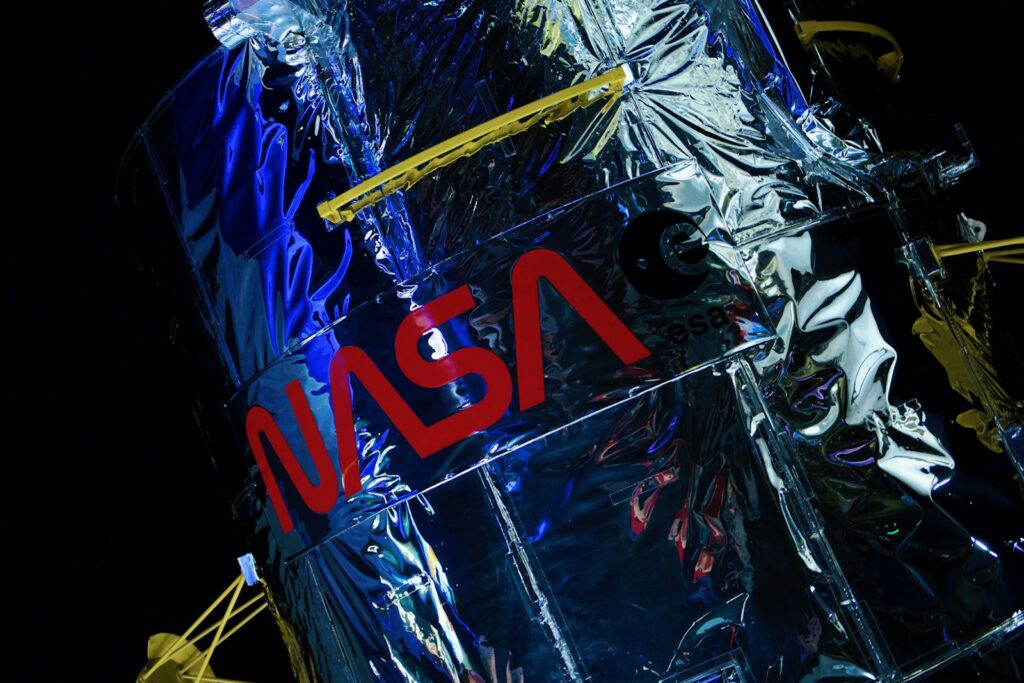PRESS RELEASE – Duality AI, the company behind Falcon, a digital twin simulation platform, today announced an agreement with NASA’s Jet Propulsion Laboratory (NASA JPL) in Pasadena to continue its work on Defense Advanced Research Projects Agency’s (DARPA’s) Robotic Autonomy in Complex Environments with Resiliency program (RACER). This announcement follows Phase I of the RACER project, where Duality successfully completed the program, as one of only two simulation providers selected by DARPA. The agreement accelerates autonomy development for NASA JPL by allowing rapid iteration and discovery of flaws through simulation, reducing risks and providing the synthetic data vital to training advanced AI algorithms that push the boundaries of robotic autonomy.
“Simulation technology enables a practical way for NASA JPL to train their systems in virtual environments and generate synthetic data that is essential for highly-capable AI models to be ready for any challenge.”
During the second phase of the RACER program, teams will have to display their ability to create advanced AI solutions that allow large-scale vehicles to travel autonomously at faster speeds and over longer distances than in Phase 1. The team from NASA JPL will use Duality’s advanced digital twin simulator, Falcon, to overcome the challenges associated with autonomous high-speed, off-road vehicles, including mapping, perception, planning, and responding to hazards and obstacles. The ultra-realistic synthetic data generated by Falcon is pivotal in the training and testing of the next-generation AI systems.
“Success in the RACER program relies on training intelligent systems to complete complex tasks that traditional autonomous vehicles do not face. From unexpected obstacles to unpredictable weather challenges, the number of scenarios these AI systems must be trained and tested against is astounding,” said Mike Taylor, Chief Product Officer and co-founder of Duality AI. “Simulation technology enables a practical way for NASA JPL to train their systems in virtual environments and generate synthetic data that is essential for highly-capable AI models to be ready for any challenge.”
As part of the agreement, Duality will provide the tools and processes required to train AI through the use of digital twin simulation and aid in the development of NASA JPL’s next generation of autonomy technologies. The contract also provides NASA JPL with access to expansive, highly realistic digital twin environments necessary for robust testing and training of autonomy software. The digital twins of real locations enable the NASA JPL team to generate relevant synthetic data and test their autonomy software with a higher percentage of code coverage than possible with conventional simulators. By leveraging Duality’s AI-powered tools to build digital twin environments from satellite imagery, as well their library of configurable virtual sensors, NASA JPL can easily manipulate digital twin environments with different rocks, trees, weather, and more. This level of precise control helps NASA JPL transition cutting-edge ideas from simulation into the real world.
Duality’s contract with NASA JPL advances Duality’s mission to build a digital twin simulation platform that helps solve the most complex robotics problems. Working alongside top minds in robotics allows Duality to enhance its simulation capabilities and demonstrate the power of its technology by overcoming immense real-world challenges.
To learn more about Duality and its suite of Falcon products for digital twin simulation visit duality.ai.

